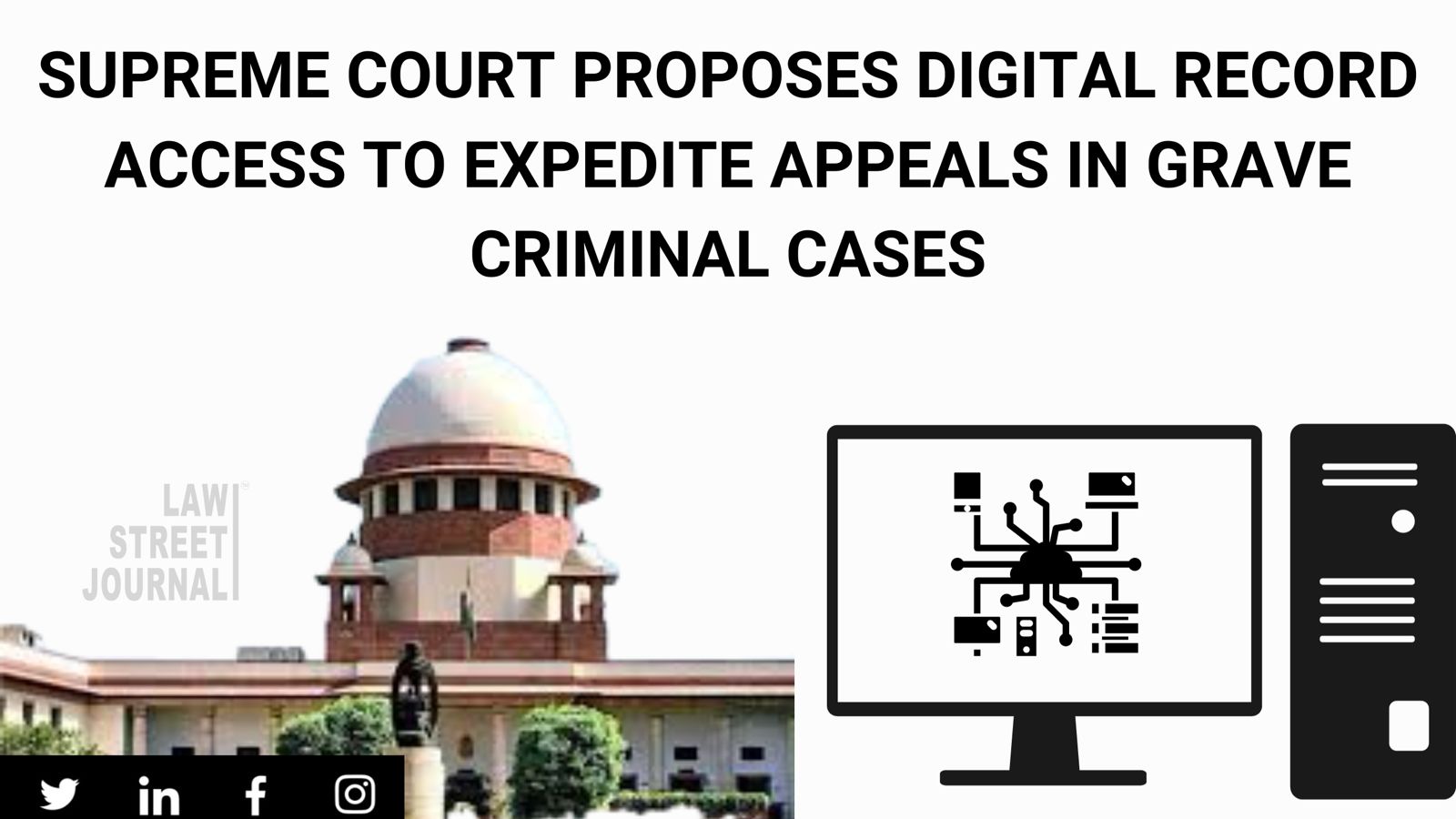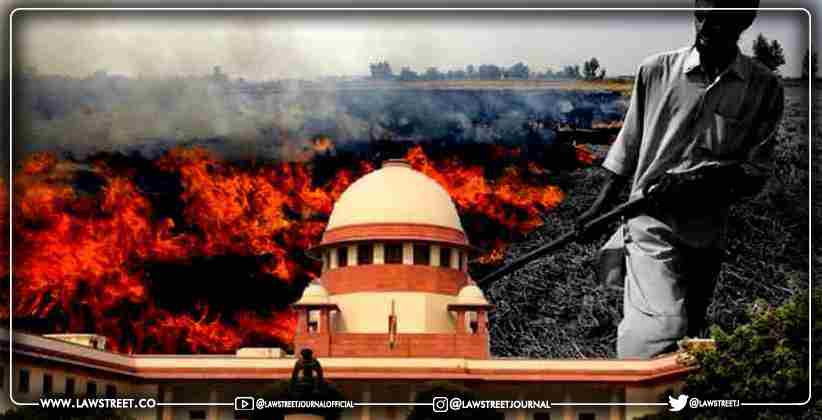NEW DELHI: The Supreme Court has deprecated the practice of not producing the deposition of witnesses on record, causing unnecessary delay.
It suggested that the Supreme Court Rules, 2013 should be amended to include soft copies of the original records, requisitioned necessarily in criminal appeals involving death penalty and life imprisonment, to facilitate quicker availability of records.
A bench of Justices Abhay S Oka and Sanjay Karol pointed out the Order XX of the Supreme Court Rules, 2013 concerns criminal appeals, and a perusal of sub-Rules 2 & 3 of Rule 5, shows that physical copies of the original records are to be called for, in criminal appeals involving sentence of life or the death penalty.
Sub-Rule 3 be amended to insert the words soft copy before the words original records, resulting in e-copies of the Original Records being requisitioned. This would facilitate a much quicker availability of such records to the court as also further a more environmentally conscious approach, the bench said.
The bench said that the necessary amendment to the rules, such requisition of the soft copy of the record be extended to cases where leave is granted against an order of acquittal or conviction.
Such soft copy of the records, once received, be provided to the learned counsel appearing for the parties. We direct the Registry to place a copy of this judgment before the Chief Justice of India for his kind consideration and appropriate directions, should he deem fit, the bench said.
The suggestions came as the top court upheld the Kerala High Court judgment awarding imprisonment for life to two accused convicted for alcohol poisoning, which led to the death of 7 innocent people, blindness in 11 people, and more than 40 people sustaining injuries, in April, 2003.
The apex court was informed that one of the appellants, Sajeev, passed away on September 24, 2023, therefore his conviction stood abated.
The bail granted to A11 (Roy), the other accused before the court, by this court vide order dated June 30, 2016, stands cancelled and the appellant is directed to surrender before the Court concerned forthwith, the bench ordered.
Both Sajeev and Roy had moved the apex court against the high court judgment passed on July 23, 2010. They were convicted under Sections 302, 307, 326 and 120B IPC and 57(A)(1)(ii) of the Abkari Act.
There can be no doubt left about the involvement of the accused persons before us, in the sale and mixing of methyl alcohol with spirit as part of the conspiracy, resulting in deaths and injuries to many innocent persons," the court said.
The bench noted that testimonies of the witnesses highlighted would indicate the presence of the accused on the spot at least few days prior to the occurrence of the incident, and the accused being present on the spot in relation to the supply of the spirit.






![Order to appoint One Man Committee of Justice (Retd.) Lokur for the Prevention of Stubble Burning Kept in Abeyance by SC itself [READ ORDER]](/secure/uploads/2020/10/lj_8849_Order_to_appoint.jpeg)









